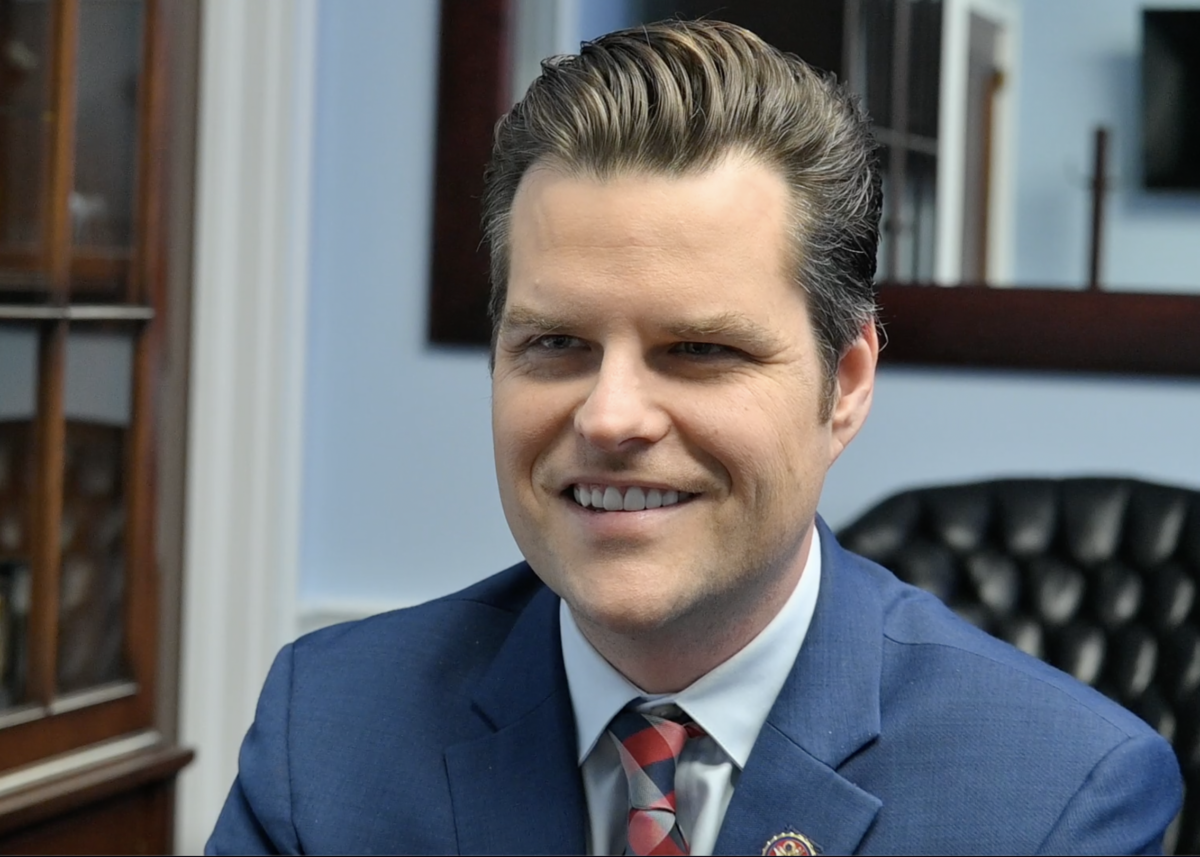Florida International University's environmental efforts are finally being recognized as the school was hosted by the Everglades Foundation at the university's center in Washington, D.C.
For over 20 years, FIU has directed $40 million water-quality monitoring project - the Florida Coastal Everglades Long Term Ecological Research Program funding by the National Scicen Foundation - that is guiding restoration of the famed River of Grass: over 1 million acres of threatened wetlands that provide nearly all of South Florida’s freshwater, serve as a buffer against rising seas and offer a source of livelihood to thousands and recreation to millions.
“We are working to understand the dynamics between the social and environmental systems to help support the resilience of the Everglades,” said Tiffany Troxler, associate director of science for sea level solutions within FIU’s Institute of Environment. Troxler explained, that “some of the work we do is focused on ‘ecosystem-level processes’ that help us to understand the vulnerability and the fate of our freshwater and coastal wetlands.” Among these processes are “energy flows,” which rely on thriving, diverse plant life, and “nutrient cycling,” which requires rich microscopic life in the soil to make nutrients accessible to plants and, ultimately, the animals that eat them.
Participating on a panel at the event with Troxler and others, members of U.S. Army Corps of Engineers reiterated that the data FIU has collected is foundational to the work of the organization. The corps is the lead federal agency for the Comprehensive Everglades Restoration Plan, which has three goals: to restore the quality, quantity and distribution of water; restore and protect natural habits and species; and foster compatibility of the built and natural systems.
FIU's research has led to plenty of breakthroughs, such as the discovery that phosphorus, a common ingredient in commercial fertilizer, was disrupting native-plant and wildlife habitats. Researchers made the recommendation that phosphorous levels be limited to 10 parts per billion. Events like this may seem minimal, but end up saving ecosystems.
The event hosted students and participants of non-scientific backgrounds as well who also seemed excited by the developing news. "I learned how I can build upon that intersection between governmental policy and environmental protection,” said junior Nailah Augustin," she added, "This event has brought everything full circle for me as someone who can still be involved despite not having a STEM major."






